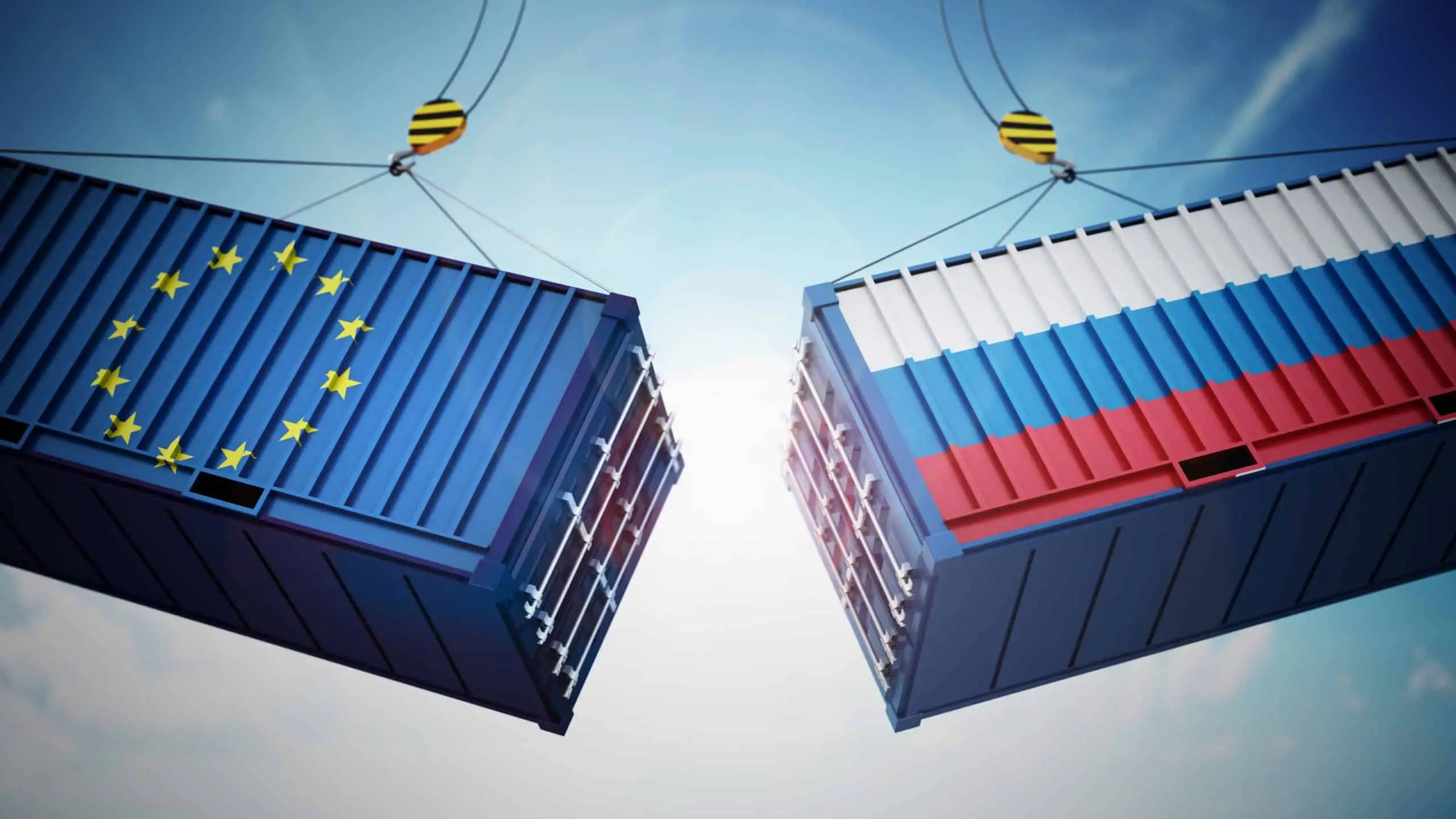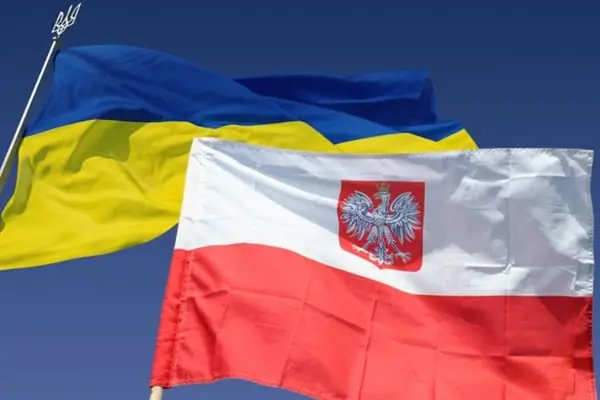EU trade with russia: Impact of restrictions after the invasion of Ukraine

Impact of restrictions after the invasion of Ukraine
EU trade with russia has been heavily affected by restrictions imposed on both EU imports and exports following russia's invasion of Ukraine. Both exports and imports fell significantly below pre-invasion levels. Seasonally adjusted figures show that russia's share of extra-EU imports fell from 9.5% in February 2022 to 2.0% in September 2023, while the share of extra-EU exports fell from 3.8% to 1.4% over the same period.
In March 2022, a maximum trade deficit with russia was €18.6 billion due to high energy prices. This deficit fell to €0.1 billion in March 2023 and did not change much until September 2023 when it was €1 billion. This change was strongly influenced by the decrease in the monthly value of imports from russia, shows Eurostat Data.
russia's share of extra-EU imports has fallen for most key products such as natural gas, petroleum oils, nickel, iron and steel and fertilisers.
Overall, natural gas, petroleum oils, nickel, iron and steel and fertilisers account for about two-thirds of total extra-EU imports from russia.
Between Q3 2021 and Q3 2023, russia's share in extra-EU imports of natural gas decreased significantly (-27 pp), while the reverse was observed for imports from the US (+14 pp), Norway (+7.6 pp) and Algeria (+5.5 pp).
A similar phenomenon was observed for extra-EU imports of petroleum oils, with a decrease in the share of russia (-25 pp), while the respective shares of the USA (+7 pp), Norway (+4 pp) and Saudi Arabia (+2 pp) increased.
For nickel imports, the US increased its share (+5 pp), while russia's share decreased (-14 pp).
China became the main supplier of iron and steel (share up 5 pp) following a decrease in imports from russia (share down 9 pp).
However, fertiliser trade shows a different pattern. russia's share of extra-EU imports fell from 27% in Q3 2021 to 17% in Q3 2022, but recovered to 27% in Q3 2023.











